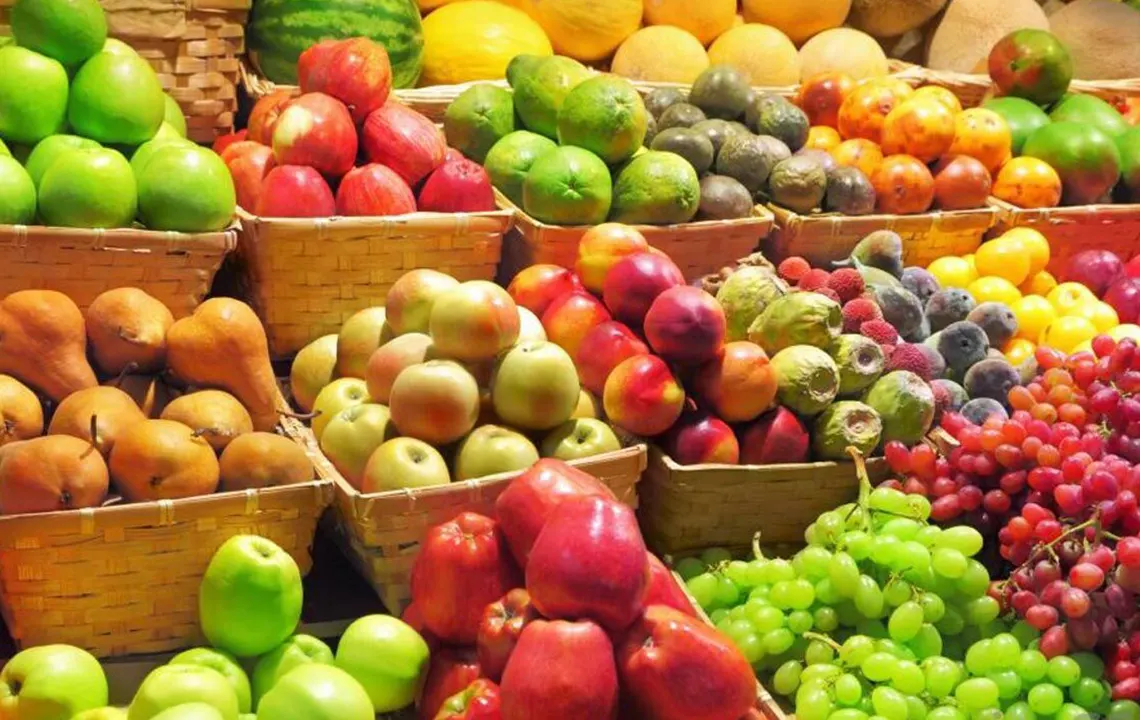Nestled along the western edge of South America, Chile has earned a prominent place on the world stage as a major exporter of high-quality fruits. Blessed with diverse climates, fertile soils, and a commitment to sustainable agriculture, Chile has emerged as a global powerhouse in the fruit export industry. In this article, we’ll explore the factors that have propelled Chile into the international fruit market and delve into the fruits that contribute to the country’s remarkable export success.
1. Ideal Growing Conditions
Chile’s unique geography allows for the cultivation of a wide variety of fruits throughout the year. The country spans a range of climates, from the arid deserts of the north to the temperate regions of the central valleys and the cooler climates in the south. This diversity enables the year-round production of fruits, ensuring a continuous and varied supply for export.
2. Seasonal Counterbalance
The Southern Hemisphere’s opposite seasons provide Chile with a strategic advantage. While it’s winter in the Northern Hemisphere, Chile’s fruit orchards are in full swing, producing a bounty of fresh fruits. This counter-seasonal production allows Chile to fill market gaps during the off-seasons in other fruit-producing regions.
3. Diverse Fruit Portfolio
Chile’s fruit export portfolio is impressively diverse, featuring a wide array of fruits such as grapes, apples, avocados, berries, cherries, plums, and citrus fruits. The country is not only a major exporter of traditional fruits but has also gained recognition for its high-quality, premium fruits that cater to the growing demand for healthy and exotic options in global markets.
4. Stringent Quality Standards
Chile places a strong emphasis on quality assurance and safety standards in fruit production. The adherence to strict agricultural practices ensures that exported fruits meet or exceed international standards. This commitment to quality has helped build trust among importing countries, contributing to Chile’s continued success in global markets.
5. Global Reach
Chile’s fruit export industry has expanded its reach to markets around the world. Major export destinations include North America, Europe, Asia, and the Middle East. The country’s efficient transportation infrastructure, including well-developed ports and shipping routes, facilitates the timely delivery of fresh produce to distant markets.
6. Sustainable Practices
Recognizing the importance of sustainable agriculture, Chile has made significant strides in adopting environmentally friendly practices. The implementation of efficient irrigation systems, integrated pest management, and responsible water usage underscores Chile’s commitment to balancing agricultural productivity with environmental stewardship.
7. Economic Impact:
The fruit export industry is a significant contributor to Chile’s economy. Beyond providing employment opportunities in rural areas, it plays a crucial role in foreign trade, bringing in substantial revenue and enhancing the country’s economic resilience.
Conclusion:
Chile’s success in the global fruit export industry is a testament to its geographical advantage, commitment to quality, and adaptability to market demands. As consumers worldwide continue to seek diverse and high-quality fruits, Chile’s position as a reliable supplier remains unshakable. The country’s ability to balance tradition with innovation, coupled with a dedication to sustainability, ensures that Chile will continue to be a fruitful force in the international fruit market for years to come.




